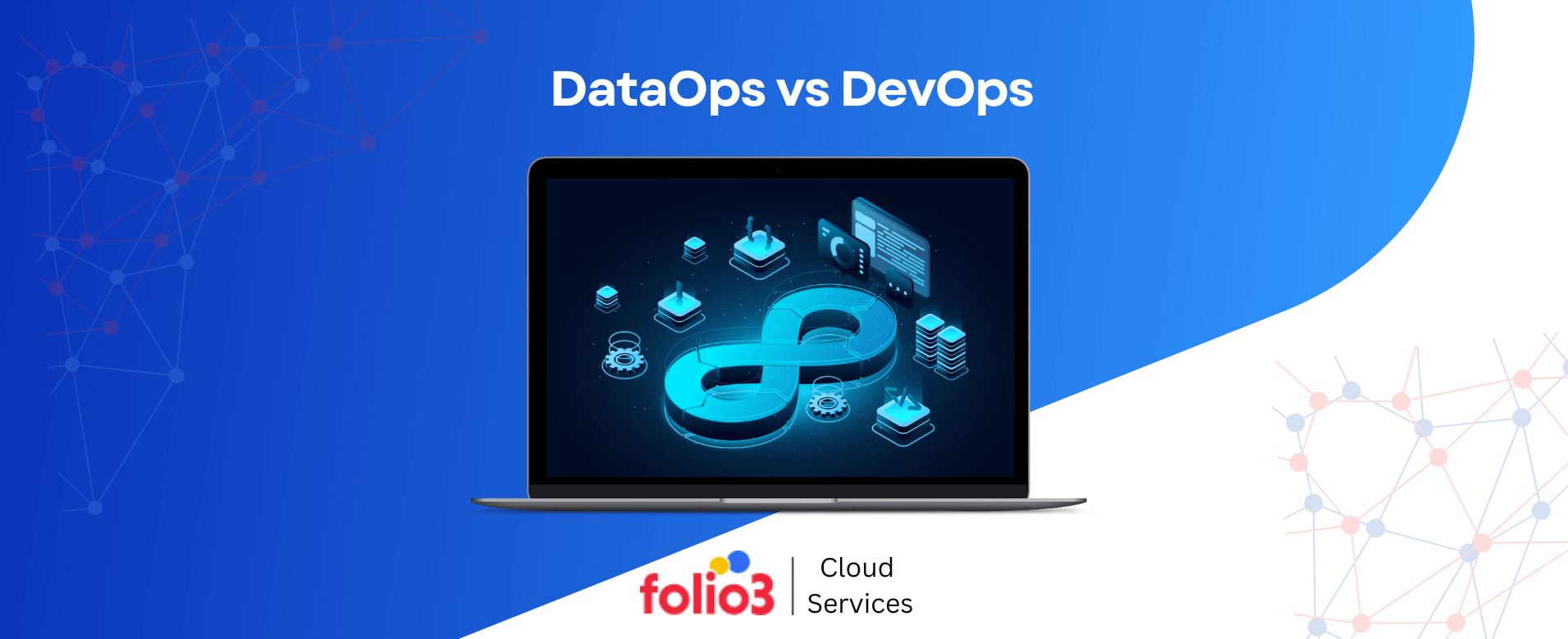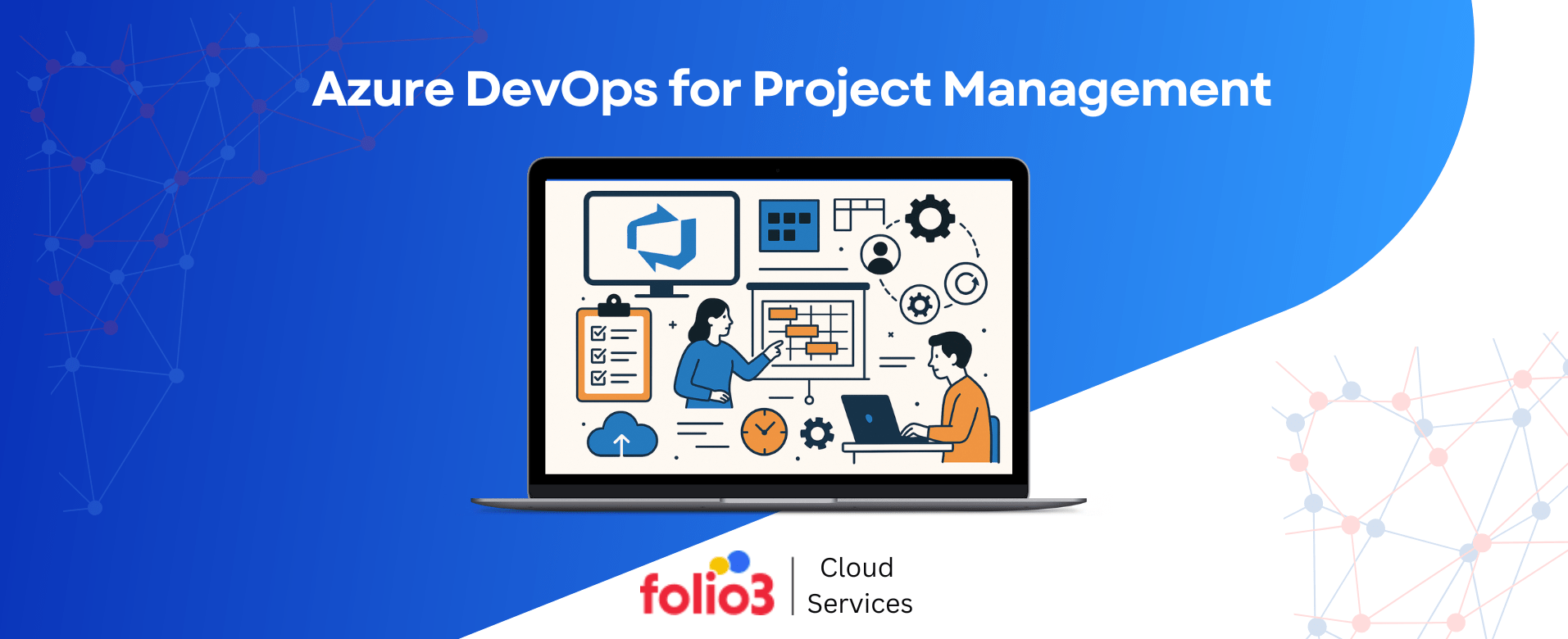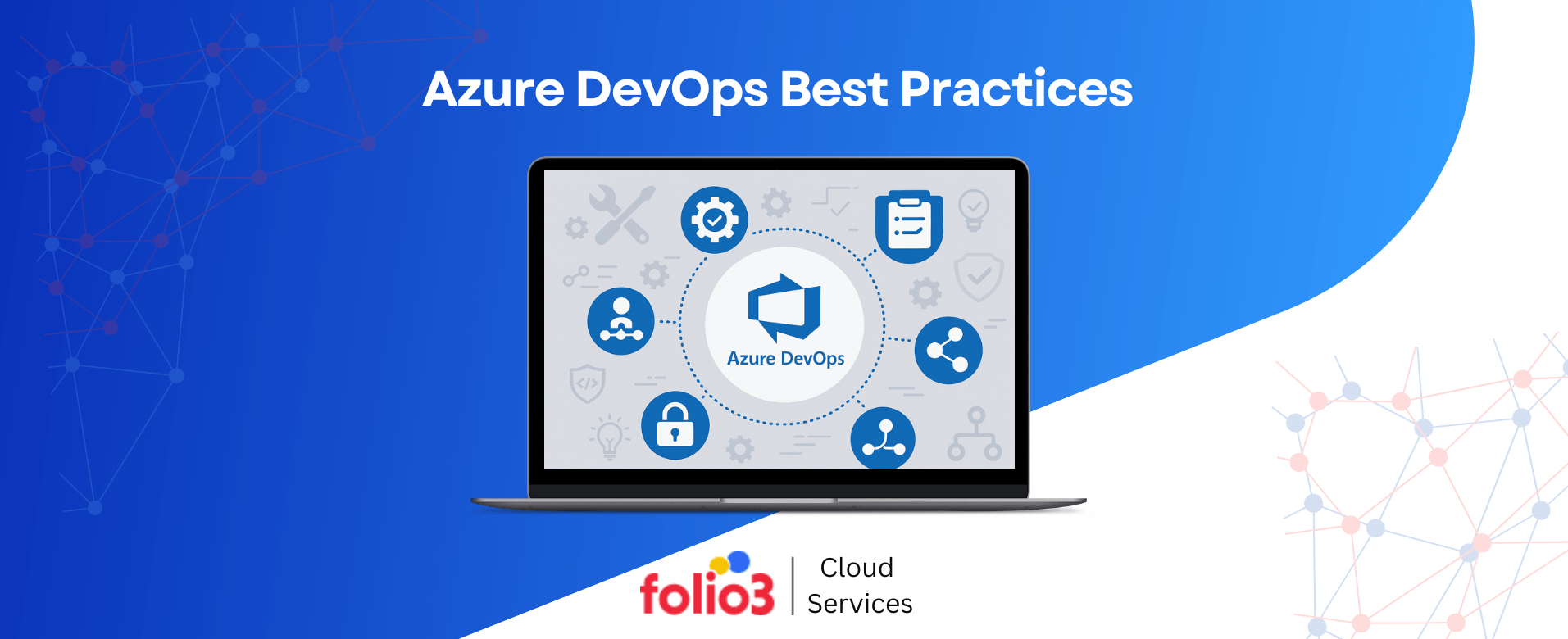Software development teams must be agile, efficient, and able to respond quickly to market changes. DevOps practices have emerged as the solution to these challenges, breaking down silos between development and operations teams to create a more collaborative, faster, and reliable software delivery process.
DevOps has become essential for optimizing development and operations workflows as organizations strive to innovate and reduce their time to market.
This article aims to provide an in-depth look at the benefits of DevOps practices and how they can revolutionize how businesses handle their software development and IT operations.
What is DevOps?
DevOps isn’t just a trendy buzzword but a cultural shift transforming how software development and IT operations teams collaborate.
Traditionally, development teams (responsible for writing code) and operations teams (focused on deploying and maintaining software) worked in isolation or silos, which often led to miscommunication and slow processes.
DevOps (a combination of “development” and “operations”) breaks down these silos, promoting seamless collaboration throughout the entire software development lifecycle (the stages of designing, coding, testing, and deploying software).
The core principles of DevOps include continuous collaboration, automation, and feedback loops between teams.
This allows companies to release software faster, with fewer bugs, and quickly respond to any issues that arise in production.
Instead of passing responsibilities back and forth, DevOps encourages developers to be involved in tasks like deployment, monitoring, and maintenance, which are traditionally handled by the operations team.
7 Advantages of Devops
Adopting DevOps practices provides several key benefits that help streamline the software development process. Some of the most significant advantages include:
1. Accelerated Time to Market
One of DevOps’s primary benefits is its ability to accelerate software delivery cycles. Integrating development and operations teams, DevOps promotes continuous integration and continuous delivery (CI/CD), enabling teams to release new features, updates, and bug fixes faster. DevOps transformation can drive significant improvements in operational efficiency and development speed.
According to a report from DORA, high-performing DevOps teams deploy 46 times more frequently and recover from incidents 96 times faster than low-performing teams.
Through DevOps practices, companies can get their products to market faster, stay ahead of competitors, and adapt quickly to changing customer demands.
2. Enhanced System Reliability and Stability
DevOps practices foster an environment of continuous monitoring and automated testing, which ensures higher system stability and reliability. CI/CD pipelines automate testing, allowing teams to catch issues earlier in the development process.
Furthermore, infrastructure as code (IaC) standardizes environment configurations, reducing inconsistencies and potential errors in production. DevOps consultancy services can provide organizations with the necessary guidance to optimize these practices.
According to Puppet’s 2022 State of DevOps Report, organizations that adopt DevOps practices experience fewer deployment failures due to proactive issue detection and automation.
3. Scalability and Agility for Growth
Scalability is crucial as businesses grow and their infrastructure becomes more complex. DevOps practices provide the agility needed to scale both applications and infrastructure seamlessly.
By using cloud-native technologies like Kubernetes and Docker, teams can scale applications dynamically, ensuring they can handle varying workloads without disruption. Addressing common DevOps challenges and solutions will further ensure smooth scalability.
With DevOps, companies can easily scale their infrastructure and systems to meet customer demand without experiencing significant performance degradation or downtime.

Lack of Agility Slowing Down Innovation
Empower your teams to innovate faster by implementing agile DevOps processes that keep up with market demands.
Boost agility and accelerate growth with our tailored DevOps solutions.
4. Cost Reduction and Optimization
One of the often-overlooked advantages of DevOps is the potential for cost savings. By automating repetitive tasks and reducing manual interventions, DevOps frees up resources and minimizes errors that could lead to costly downtime. DevOps outsourcing is often considered by companies looking to optimize these costs efficiently.
Additionally, by standardizing environments using IaC, DevOps reduces infrastructure provisioning costs.
5. Automation of Manual Processes and Repetitive Tasks
Automation is at the heart of DevOps practices. Teams can automate tasks such as code testing, integration, deployment, and monitoring, which not only reduces the likelihood of human error but also frees up team members to focus on higher-value work.
With CI/CD automation, teams can deploy changes faster, improving overall efficiency and productivity.
DevOps automation improves consistency across environments and reduces deployment failures by eliminating manual configurations.
Popular tools like Jenkins, Ansible, and Terraform are widely used for automating processes in DevOps pipelines.
6. Ensuring Compliance with Automated Security Checks
Security is a top concern for modern businesses, and DevOps addresses this by integrating security measures throughout the development lifecycle. DevSecOps, which integrates security into the DevOps pipeline, automates security checks and compliance processes.
These automated security checks detect vulnerabilities early, reducing the risk of security breaches. With DevSecOps, organizations can enforce security standards at every stage, from code review to deployment, ensuring that software remains compliant with industry regulations without slowing down development.
7. Swift Issue Resolution for Better User Experience
When issues arise, DevOps practices allow for faster identification and resolution of problems. Continuous monitoring, observability tools, and real-time alerts ensure that teams can quickly pinpoint issues in production environments.
The faster a team can identify and resolve an issue, the better the user experience.
Organizations using DevOps report a 22% faster mean time to recovery (MTTR) from incidents, according to DORA’s State of DevOps Report, thanks to automated rollbacks and immediate response to issues.
FAQs
What is a benefit DevOps brings?
DevOps brings multiple benefits to organizations, such as accelerated software delivery, improved collaboration between teams, and enhanced system reliability. The practice also promotes automation, allowing companies to release software more frequently while maintaining high quality and reducing downtime.
Why is DevOps beneficial?
DevOps is beneficial because it enhances agility and scalability, streamlines processes through automation, and improves collaboration between development and operations teams. By adopting DevOps, companies can reduce time to market, lower operational costs, and deliver more reliable software products to customers.
Final Words
Adopting DevOps practices is crucial for organizations that want to accelerate software delivery, enhance system reliability, and improve overall business agility. The benefits of DevOps, from automation to faster issue resolution, provide businesses with the tools they need to stay ahead of the curve and meet evolving customer demands.
Whether you’re focused on reducing costs, increasing scalability, or improving security, implementing DevOps will transform how your teams work together and deliver value to your customers.
By partnering with Folio3 Cloud Services, businesses can use the right DevOps practices and tools to continuously improve their processes, reduce time to market, and ensure that their software remains secure, reliable, and performant.














